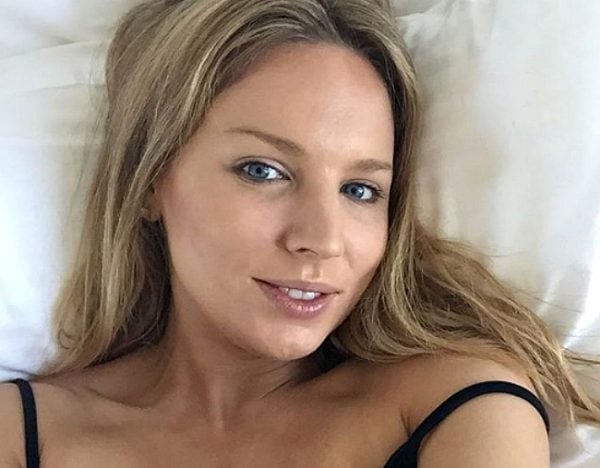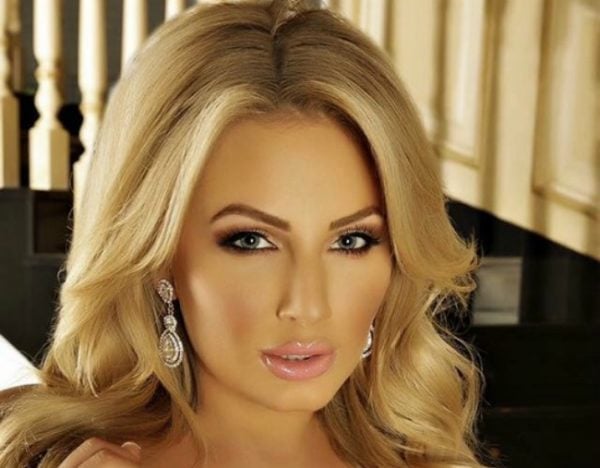Warning: this post contains graphic descriptions of sexual assault, rape and suicide and may be triggering for some readers.
For 24-hour crisis support please call Lifeline on 13 11 14 or the National Sexual Assault Counselling Service on 1800 RESPECT.
On Tuesday afternoon, 24-year-old Michaela Dunn was found dead in her Clarence Street unit. It’s alleged she was killed by a man who had been in contact with her in her capacity as a sex worker.
The murder of a young woman is fortunately rare, but violence against sex workers is not. In 2016, Mamamia spoke to a number of sex workers about their experiences of violence at work, and the unique barriers they face in pursuing justice.
**
There’s a look, Madison Missina says. It’s hard to explain, hard to teach others to recognise, but it’s something any woman or man who’s seen it will understand. The look someone gets in the moment before they assault you. It’s dark, she says, almost psychopathic.
On December 1, 2011, Madison saw that look.
She was working for a “sugar daddy” dating website at the time, a portal via which men – usually wealthy – pay women for dates or company. Essentially a hired girlfriend situation, she explained exclusively to Mamamia.
The man who booked her that evening invited her to his Sydney hotel room. Hours slipped by with nothing but conversation, as it often does with clients, she explained. It was getting late, so he suggested they dissolve their dinner plans and order in.































































































